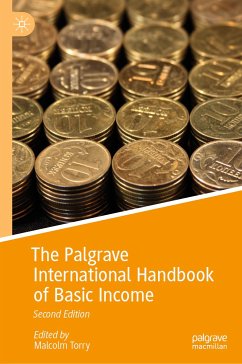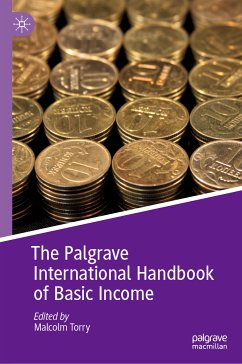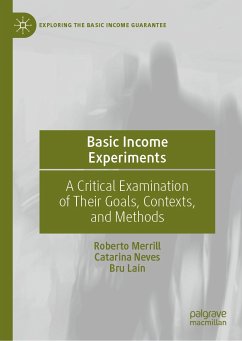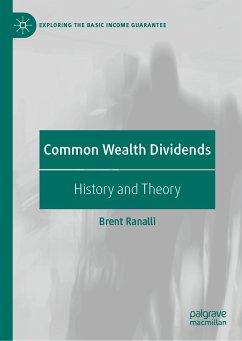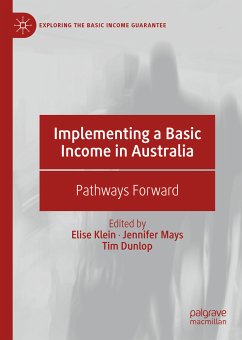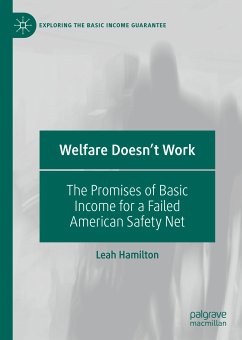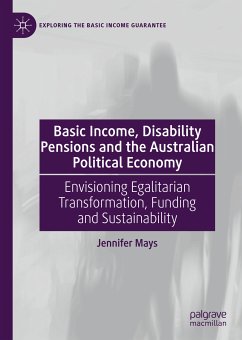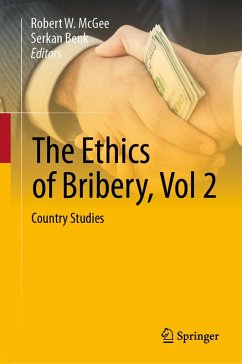
The Problem of Property (eBook, PDF)
Taking the Freedom of Nonowners Seriously
Versandkostenfrei!
Sofort per Download lieferbar
36,95 €
inkl. MwSt.
Weitere Ausgaben:

PAYBACK Punkte
18 °P sammeln!
This book is Karl Widerquist's first statement of the "indepentarian" theory of property, called, "Justice as the Pursuit of Accord" (JPA). It argues the natural-rights-based arguments for unequal private property have failed to establish that institution as right. It is a legal privilege, inconsistent with the maximum equal freedom from interference. The book discusses how to establish and maintain a property system that best promotes freedom from interference. Paying taxes and obeying regulations is part of the purchase price of the right to control, use, or use-up any good made partly out o...
This book is Karl Widerquist's first statement of the "indepentarian" theory of property, called, "Justice as the Pursuit of Accord" (JPA). It argues the natural-rights-based arguments for unequal private property have failed to establish that institution as right. It is a legal privilege, inconsistent with the maximum equal freedom from interference. The book discusses how to establish and maintain a property system that best promotes freedom from interference. Paying taxes and obeying regulations is part of the purchase price of the right to control, use, or use-up any good made partly out of natural resources (i.e. all goods), because doing so interferes with people who control, use, or use-up fewer natural resources. A sufficient portion of that tax revenue has to be redistributed in the form of a Universal Basic Income to ensure the property system is in the interest of everyone.
Dieser Download kann aus rechtlichen Gründen nur mit Rechnungsadresse in A, B, BG, CY, CZ, D, DK, EW, E, FIN, F, GR, HR, H, IRL, I, LT, L, LR, M, NL, PL, P, R, S, SLO, SK ausgeliefert werden.



